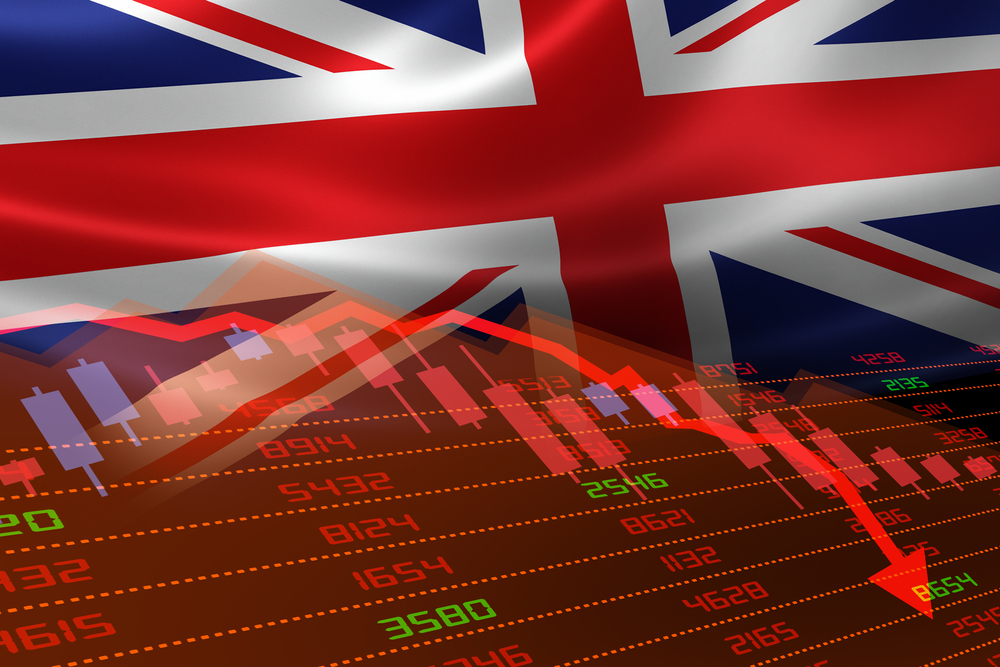News
Recession ‘firmly on the cards’ as UK economy slows to a crawl

The UK economy has fallen harder than expected, with the effect of the Queen’s death in September likely to drag GDP down further, meaning recession is “firmly on the cards”.
Gross domestic product (GDP) measures the value of goods and services produced in the UK. It estimates the size of, and growth in, the economy.
The Office for National Statistics (ONS) estimates GDP has fallen by 0.3% in August 2022, lower than the 0% consensus.
It follows growth of 0.1% in July, revised down from 0.2%.
The ONS said there has been a “continued slowing in the underlying three-month on three-month growth, as GDP also fell 0.3% in the quarter to August compared to the previous three months.
Production fell 1.8% following a 1.1% fall in July and was the main contributor to the downward drag on GDP. Manufacturing fell 1.6% while services fell 0.1% following growth of 0.3% in July.
Meanwhile construction grew by 0.4% after growth of 0.1% in July, and output in consumer-facing services fell 1.8% in August following growth of 0.7% in July.
Recession inevitable
Samuel Fuller, director of Financial Markets Online, said: “This is a big miss against expectations, with the economy falling harder than forecast. It means a third quarter contraction is all but guaranteed given the impact the Queen’s funeral will have had in September.
“This puts a recession for the second half of the year firmly on the cards, coming in at the front end of Andrew Bailey’s expectations.”
He added that recessions are often accompanied by rising unemployment, “which isn’t something we’ve seen so far”.
Fuller said: “Unemployment is still at multi-decade lows but what is already present is a significant rise in government borrowing. This surprise change in direction at the mini Budget means Bailey doesn’t know whether he’s coming or going at the moment.
“Markets don’t like uncertainty like this, it’s doing nothing to inspire confidence and the pound will inevitably continue to feel the pressure. Gone are the days of forward guidance, markets don’t know what will happen tomorrow let alone in six months’ time.”
Bank of England policy versus the government’s policy
Paul Dales, chief UK economist at Capital Economics, said: “We suspect that GDP in September will fall by around 0.6%, mainly due to the extra drag from the bank holiday for the Queen’s funeral. That would result in a 0.6% q/q fall in GDP in Q3 as a whole.
“But our main concern is that the duel drag from high inflation and rising interest rates will mean that GDP contracts in Q4 and throughout most of next year too. We are forecasting a recession involving a peak-to-trough decline in GDP of around 2%.”
Dales added that whether that recession is “milder or deeper” than that partly depends on the behaviour of policymakers and how they manage the recent volatility in the financial markets.
Jonathan Moyes, head of investment research at Wealth Club, said the market’s attention will remain firmly fixed on both the Chancellor and the Bank of England as they look to restore confidence and stabilise the government bond market.
“With inflation remaining high, the bank is unlikely to see weak GDP as cause for softening policy. The government on the other hand is clearly looking to stave off a severe recession with loose fiscal policy. We look forward to the detail on how this will be funded on 31 October,” he said.